Photographs: Courtesy Gud2Eat.com Preeti Desai
Nutritionist Preeti Desai gives us the lowdown on investigations into the link between meat consumption and cancer.
Is meat linked to cancer?
Many largescale studies indicate that vegetarians are almost half as likely to develop cancer as meat-eaters and so the link between the two continues to be investigated.
Research largely indicates that cooking meats at high temperatures forms carcinogenic (cancer-causing) compounds such as heterocyclic amines (HCA) and polycyclic aromatic hydrocarbons (PAH). This hypothesis needs further evidence and research.
Moreover, preserved and processed meats are salt-preserved, smoked and contain N-nitroso compounds (NOCs) that are potentially carcinogenic.
Which meats are unhealthy?
Photographs: Courtesy Gud2Eat.com
Most studies have identified that individuals with high levels of meat intake are at an increased risk of cancer and heart disease.
For cancer specifically, red meats like beef, lamb, pork, veal, and processed meats (meats preserved by salting, drying, smoking or curing), appear to put people at the highest risk and have been the subject of most meat and cancer studies.
Meats cooked at very high temperatures by frying, broiling, grilling and barbecuing produce the largest amount of HCAs.
Grilling meat produces carcinogens like HCAs
Photographs: Courtesy Gud2Eat.com
Even if you grill meat and fish at high temperatures, you produce carcinogens, heterocyclic amines or HCAs.
Extreme temperatures prompt a reaction between the food's natural amino acids and creatine, a compound found in muscle tissue. HCAs are the product of that reaction. HCAs can also form in foods that are broiled or barbequed.
In addition to HCAs, polycyclic aromatic hydrocarbons can also be found in other charred foods (as well as in cigarette smoke and car exhaust fumes).
When you grill the meat, it produces the PAHs, found in the smoke created when fat drips from meat, chicken skin or fatty fish (such as salmon) onto a heat source. The PAH-filled smoke coats the grilled food.
Clean and oil your grill
Photographs: Courtesy Gud2Eat.com
Scrubbing your grill thoroughly after using it helps reduce carcinogens; unclean grills transfer carcinogens to the food.
Ensure you heat the grill before placing food on it to kill any surviving bacteria.
When you oil the grill, it keeps charred material from sticking to the food; charred food contains carcinogens that may increase risk of developing cancer.
Choose lean meats
Photographs: Courtesy Gud2Eat.com
Opt for fresh lean meats instead of cured, dried, preserved,or smoked meats.
Lean meats mean less fat will drip and less smoke will be produced, thus lowering the carcinogenic content.
Trimming all visible fat, and removing the skin from chicken or opting for lean meats helps reduce fat and that in turn reduces the carcinogens produced drastically.
Remove the skin from chicken, turkey and salmon before cooking.
Marinate your meat
Photographs: Courtesy Gud2Eat.com
Marinades help reduce the amount of carcinogens produced. Opt for healthy marinade ingredients like olive oil, vinegar, garlic, mustard, lemon juice, orange juice, red wine, herbs, spices, salt, and brown sugar.
Marinate food in the refrigerator, to helps keep levels of bacteria low.
If frozen, defrost all meat before grilling. Use thinner meat cuts, or meat cubes which cook quickly.
Precook your meat
Photographs: Courtesy Gud2Eat.com
You may want to precook your meat and then grill it as that helps reduce heterocyclic amines. You will produce more carcinogens or HCAs if your meat is cooked for a longer period on the grill.
Turning over your meat during cooking
Photographs: Courtesy Gud2Eat.com
Do flip your meat frequently as that helps it cook faster, plus reduces the possibility of it charring.
Opt for cooking smaller meat pieces as they cook more quickly and at lower temperatures.
Use a drip rack to catch the fat.
Are grilled vegetables healthy?
Photographs: Courtesy Gud2Eat.com
Grilling vegetables doesn't have the same cancer risks as eating grilled meat. Heterocyclic amines or cancer-causing chemicals are formed when amino acids in meat interact with the creatine that's also naturally found in meat. Heterocyclic amines are broken down by the body to chemicals that can damage DNA that may lead to the development of cancer.
Vegetables don't contain creatine, so when you grill vegetables the process doesn't produce the heterocyclic amines that are linked with cancer.
Your food choices and lifestyle directly affect your risk of developing cancer
Photographs: Courtesy Gud2Eat.com
With smart food choices, you can protect your health, feel better and boost your ability to fight cancer, heart disease or diabetes.
Research states that one can prevent 50 per cent of all cancers by eating a diet that is rich in vegetables, fruits and whole grains, by limiting red meat intake, by being physically active, by limiting alcohol, and quitting smoking.
In fact, studies clearly state what not to eat and the list includes processed meats, salty foods, sugary drinks and large servings of red meat.

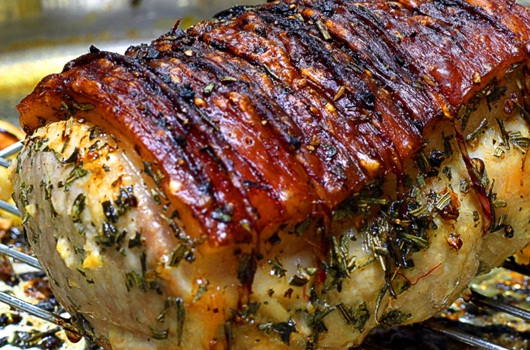
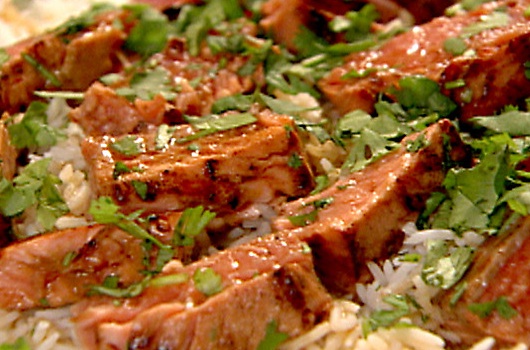

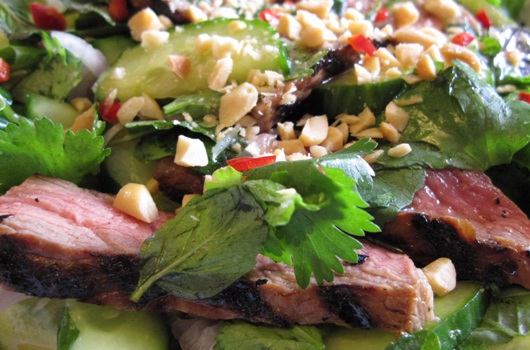

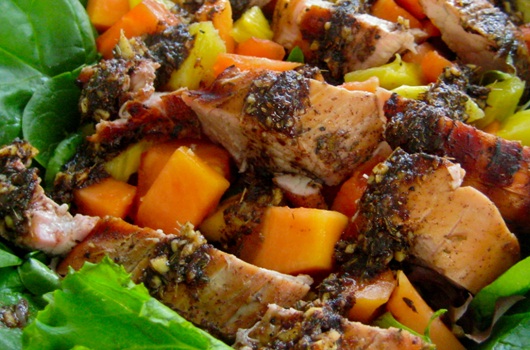
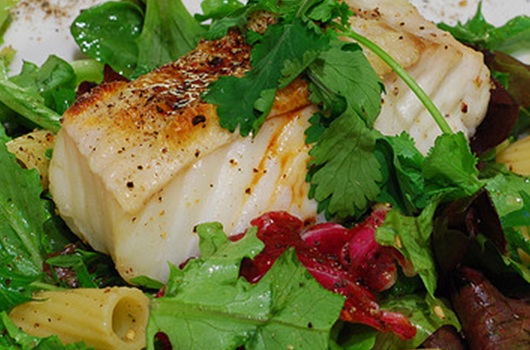
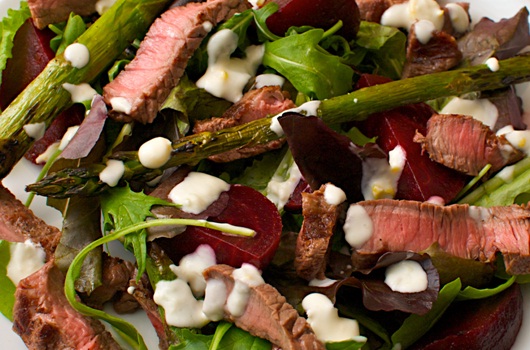
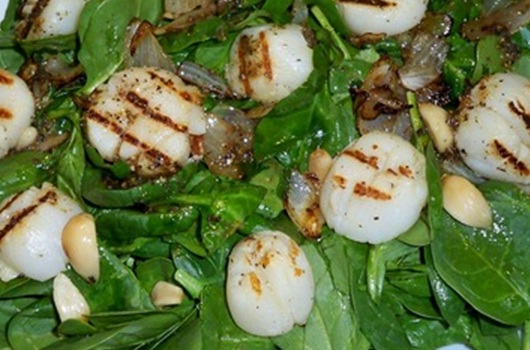
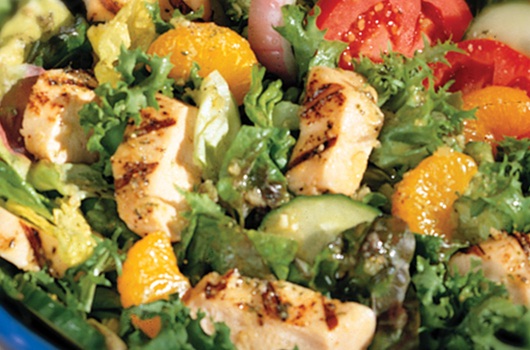
Comment
article